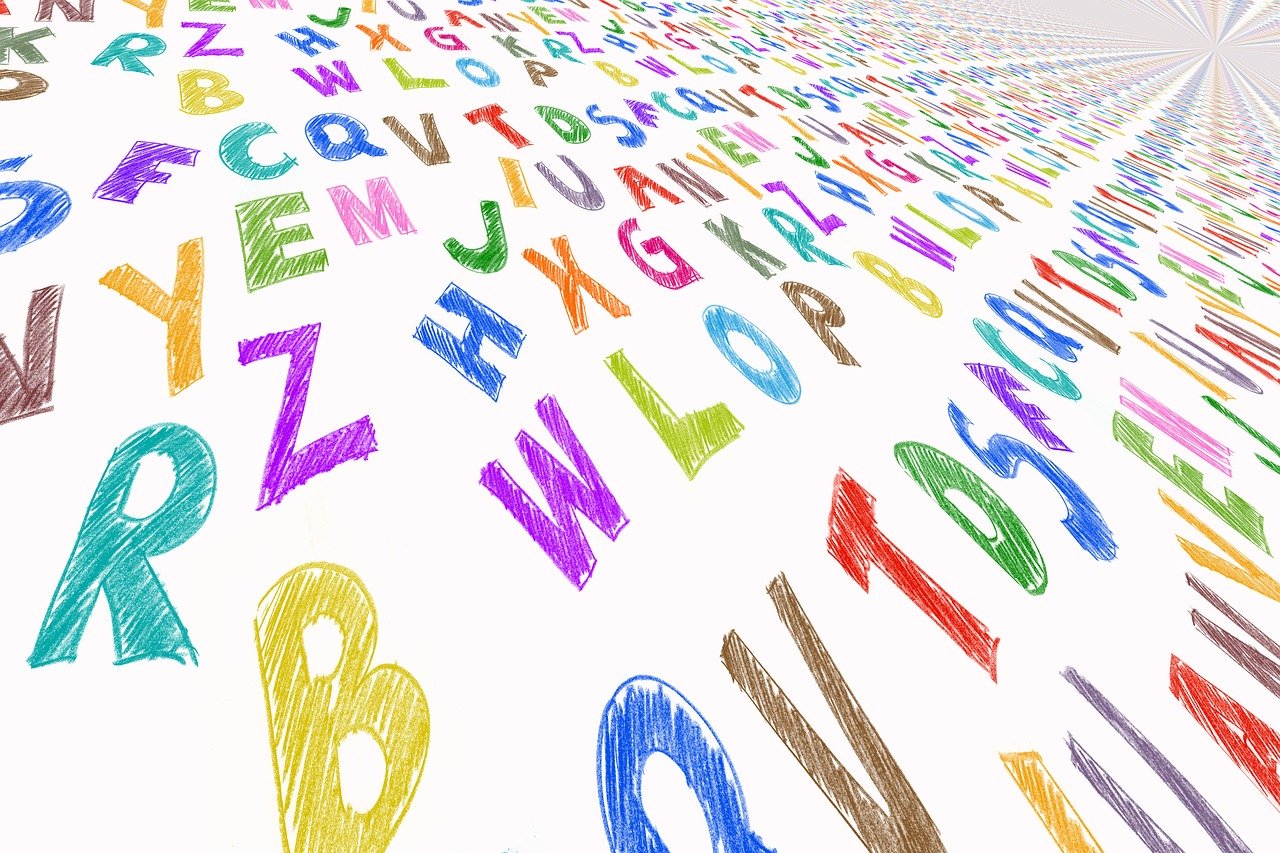In education and psychology, the acronym SEL commonly stands for Social-Emotional Learning. This term refers to a structured framework that is designed to cultivate students’ emotional-intelligence skills and social skills, and having and using these skills are crucial for personal development and academic success (Greenberg et al., 2017). However, a question often arises regarding the suitable written form of this term: should it be “social-emotional learning” or “socioemotional learning”? Are both forms acceptable?
Social-Emotional Learning (SEL): This term explicitly separates the domains of social interactions and emotional development. It underscores integrating both aspects in educational practices to enhance students’ emotional awareness, self-regulation, and interpersonal skills (Durlak et al., 2011).
Socioemotional Learning: This alternative form combines the terms “socio-” (from the Latin “socius,” meaning companion or partner) and “emotional.” This coalescing implies a joint consideration of social and emotional factors without explicit separation. It offers a unified perspective on the interplay between social contexts and emotional experiences (Brackett & Katulak, 2007).
The American Psychological Association (APA) style guide clarifies such terminology matters. According to APA 7th edition guidelines, to introduce an acronym, write out the entire term or title in initial use, place the acronym in parentheses after the first reference, and use the acronym thereafter (American Psychological Association, 2020). Therefore, regardless of whether one uses “social-emotional learning” or “socioemotional learning,” consistency in usage is key once the acronym, SEL, is established.
Scholars and researchers tend to favor “social-emotional learning” in academic discourse. This preference may stem from the term’s widespread adoption in educational research and policy documents (Durlak et al., 2011). The hyphenated form clarifies the distinct yet interconnected nature of social and emotional competencies targeted by SEL programs.
In contrast, “socioemotional learning” appears less frequently in scholarly literature but is occasionally employed in contexts that emphasize the holistic integration of social and emotional competencies (Brackett & Katulak, 2007).
From a practical standpoint, the choice between “social-emotional learning” and “socioemotional learning” may depend on the writer’s preference, institutional guidelines, or specific disciplinary norms. Both forms are technically correct and convey similar meanings, which focus on developing emotional-intelligence skills and interpersonal skills that are crucial for students’ personal growth and academic achievement.
“Social-emotional learning” and “socioemotional learning” are acceptable terms in educational and psychological literature. The former emphasizes the distinct yet interrelated components of social interactions and emotional development. The latter integrates these aspects under a unified perspective. When choosing how to write these terms, you should consider clarity and consistency and adhere to disciplinary norms or style guidelines.
As educators and researchers continue to explore and refine approaches to enhancing students’ emotional-intelligence skills and social skills, the terminology used, whether “social-emotional learning” or “socioemotional learning,” should reflect the nuanced goals and methodologies of SEL programs.
No matter which term you prefer, we invite you to explore our free, evidence-informed SEL learning modules to learn new strategies to support your military-connected students.
Reference(s):
American Psychological Association. (2020). Publication manual of the American Psychological Association (7th ed.). American Psychological Association. https://doi.org/10.1037/0000165-000
Brackett, M. A., & Katulak, N. A. (2007). Emotional Intelligence in the Classroom: Skill-Based Training for Teachers and Students. In J. Ciarrochi & J. D. Mayer (Eds.), Applying emotional intelligence: A practitioner’s guide (pp. 1–27). Psychology Press.
Durlak, J. A., Weissberg, R. P., Dymnicki, A. B., Taylor, R. D., & Schellinger, K. B. (2011). The impact of enhancing students’ social and emotional learning: A meta-analysis of school-based universal interventions. Child Development, 82(1), 405–432. https://doi.org/10.1111/j.1467-8624.2010.01564.x
Every Student Succeeds Act, 20 U.S.C. § 6301 (2015). https://www.congress.gov/bill/114th-congress/senate-bill/1177
Fenning, P. (2022). School supports for students in military families. The Guilford Press.
Forman, S. G., & Crystal, C. D. (2015). Systems consultation for multi-tiered systems of supports (MTSS): Implementation issues. Journal of Educational and Psychological Consultation, 25(2–3), 276–285. https://doi.org/10.1080/10474412.2014.963226
Greenberg, M. T., Domitrovich, C. E., Weissberg, R. P., & Durlak, J. A. (2017). Social and Emotional Learning as a Public Health Approach to Education. The Future of Children, 27(1), 13–32. http://www.jstor.org/stable/44219019
Hernandez Finch, M. E. (2012). Special considerations with response to intervention and instruction for students with diverse backgrounds. Psychology in the Schools, 49(3), 285-296.
Lee, A., & Gage, N. A. (2020). Updating and expanding systematic reviews and meta-analyses on the effects of school-wide positive behavior interventions and supports. Psychology in the Schools, 57, 783–804. https://doi.org/1010.1002/pits.22336


